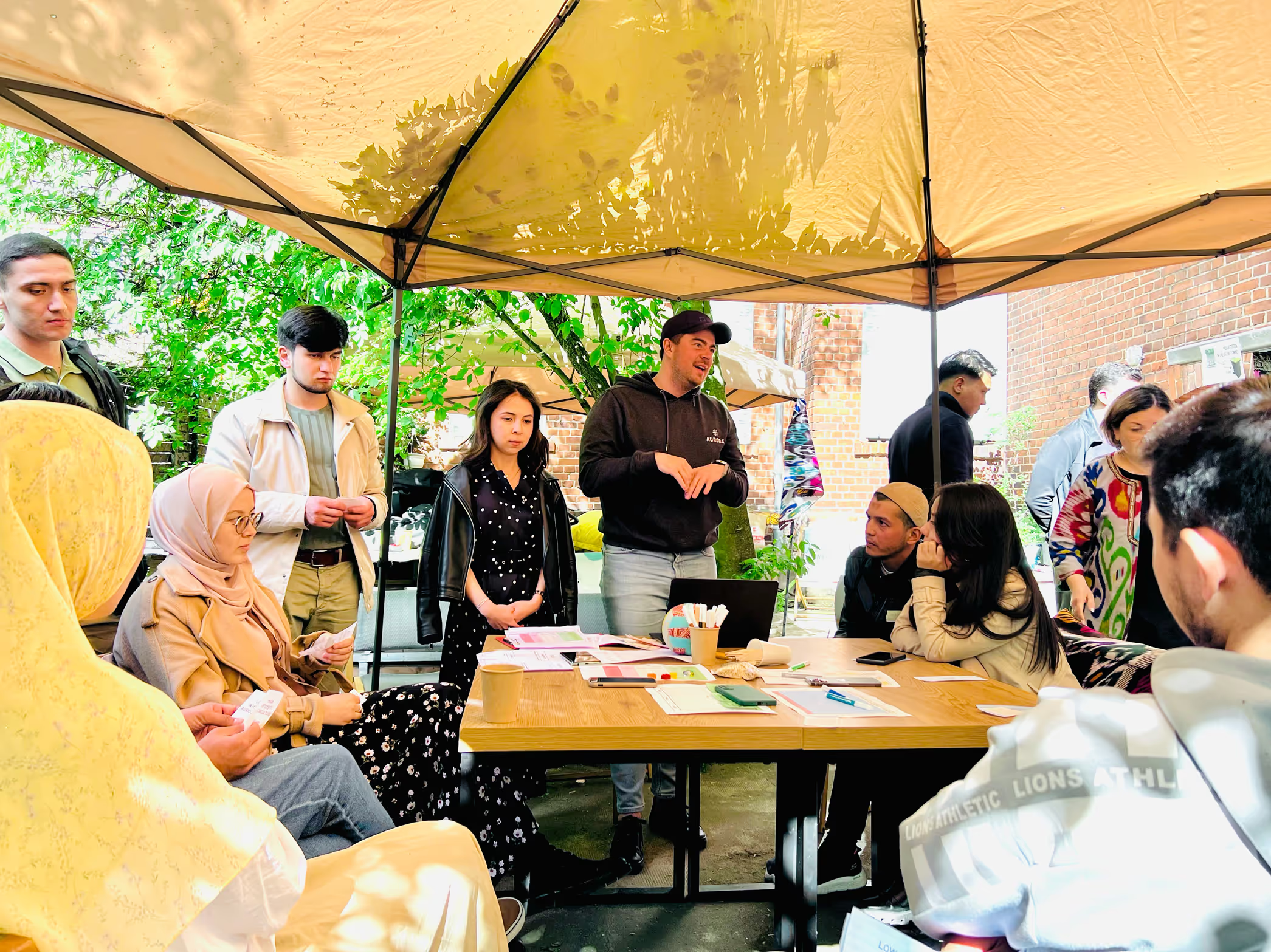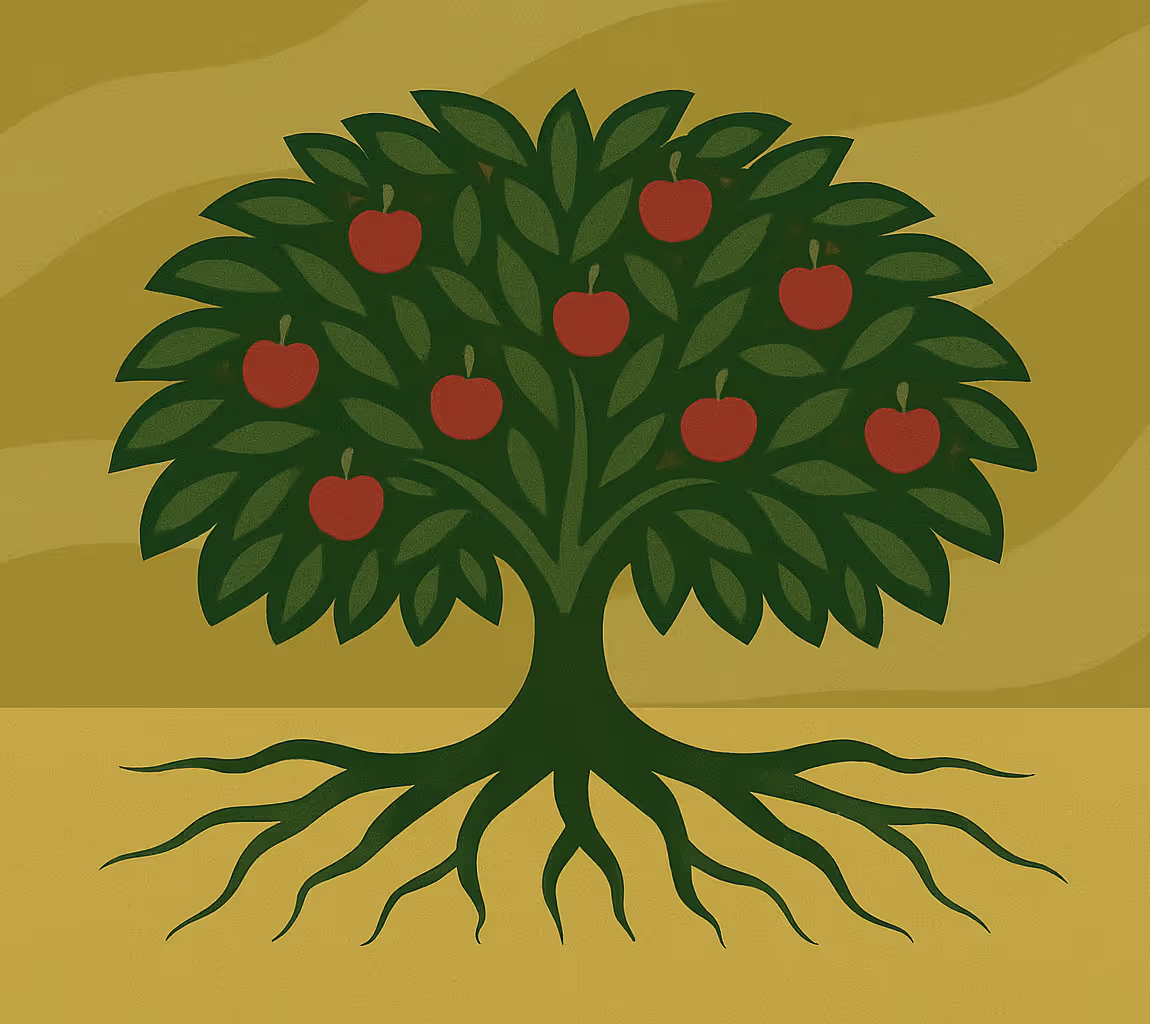Recruiting Players
In the PLANET4B project, PATHBREAK was initially piloted with a group of master’s-level students studying environmental policy and planning. The group brought a mix of disciplinary backgrounds, perspectives, and motivations, which enriched the gameplay and the reflections that followed. The players were familiar with sustainability issues, but had not all engaged with biodiversity decision making in depth, making the game an effective entry point for critical discussion. The game was then played with a case study Learning Community, Urban Youth, which worked to involve young people in biodiversity decision-making in Germany.

Advice for recruiting players:
- Aim for diversity in background, experience, and confidence level. This creates richer dialogue and deeper learning.
- Emphasise that prior knowledge is not required
- Reach out through varied networks: university courses, local NGOs, youth organisations, community forums.
- Use clear, engaging descriptions in promotional materials—mention keywords such as “role‑play,” “decision-making,” “biodiversity,” and “creative game.”
- Provide logistical details early: session length, format (online/in‑person), location, and whether any materials or refreshments will be provided.
- Frame the invitation as an opportunity for collective exploration rather than training or assessment. That approach often resonates better with youth and community groups.
In this video Ilkhom Soliev describes how PATHBREAK was developed to ensure it is accessible and valuable for all participants:
Preparation for Game Play
Preparing to facilitate PATHBREAK requires a clear sense of what the game is intended to do in your specific context. Facilitators should take time to reflect on the purpose of the session: What kinds of conversations are you hoping to open? What shift in understanding or perspective might you want to support? Thinking through these questions early on can help shape how the game is introduced, paced, and reflected upon.
It is highly recommended to trial the game with a small group of colleagues or friends before running it in a formal setting. Doing so allows you to test the flow of the game, anticipate points of confusion, and identify any gaps in facilitation skills.
In this video Ilkhom Soliev outlines experiential learning in PATHBREAK and offers tips for preparing to facilitate a session:
PATHBREAK for Researchers
For researchers interested in biodiversity, governance, and collective action, PATHBREAK provides a structured yet open environment in which participants experiment with roles, values, and decisions. Observing how groups play, negotiate, and reflect can reveal how people make sense of complex systems, how they experience conflict or cooperation, and how they imagine alternatives.
Define research objectives
Begin by clarifying what you want to investigate through PATHBREAK.
- Objectives may include exploring how participants understand trade-offs in biodiversity governance, how they negotiate roles and responsibilities, or how systemic framings are articulated in the course of play.
- Researchers may also study the ways imagination, empathy, and creativity are expressed through gameplay, or how the game shapes reflection on real-world decision making.
- As the game is played, other outcomes may emerge that have not been anticipated, leave space to incorporate these into the research design.
Data generation
- PATHBREAK produces multiple forms of data, including recordings of gameplay, notes on group interactions, decision logs from the game’s spreadsheet, and transcripts of debriefing discussions.
- The debrief after the game often generates particularly rich material, as players articulate experiences, reflect on decisions, and connect the game to wider contexts.
- Researchers could run follow-up interviews or surveys to capture longer-term insights, such as changes in perception, critical reflection, or new ideas carried forward after the session.
- Managing this variety of material requires strategies such as keeping structured logs of decisions, securely storing digital files, and creating coding frameworks to track connections between gameplay, debrief, and follow-up activities.
- Creating organisational strategies support ethical management and make it possible to revisit and compare data across groups and contexts.
Analytical strategies
- Thematic analysis can be applied to transcripts, interviews, or surveys to identify narratives of responsibility, justice, or trade-offs in biodiversity governance.
- Discourse analysis can examine how participants articulate their roles, values, and rationales during gameplay or debriefing.
- Observation of body language, group dynamics, and interactions with the material elements of the game can shed light on decision-making processes and social dynamics.
- Comparative and longitudinal analysis can trace how insights change across groups or evolve over time, particularly through follow-up discussions or surveys.
- Triangulation across gameplay records, debrief transcripts, and follow-up interviews can strengthen validity and provide a more rounded picture of how participants made sense of the system.
Theoretical framing
- PATHBREAK can be situated within research on systems thinking, serious games, and participatory governance.
- The design draws on complexity theory by illustrating interconnections between food, biodiversity, and governance, highlighting ripple effects across a system.
- The game embodies critical pedagogical traditions, where learning involves reflection, experimentation, and collective testing of strategies rather than simple knowledge transfer.
- The game connects to deliberative and participatory methods, creating space for negotiation, collaboration, and experiencing the tensions of decision making.
- As a theoretical lens, PATHBREAK supports inquiries into how imagination, empathy, and play can open pathways for more democratic and ecologically grounded governance.
Ethics
- Informed consent should cover both gameplay and the recording of sessions, with participants free to decide how their contributions are documented or anonymised.
- Ethical sensitivity is important, since themes such as inequality, exclusion, or conflict may emerge strongly during play.
- Researchers should be transparent about how data will be used in publications or presentations, including whether direct quotations, anonymised summaries, or aggregated findings will appear.
- Where possible, participants can be invited to review or comment on outputs, strengthening accountability and co-ownership of the knowledge produced.






















